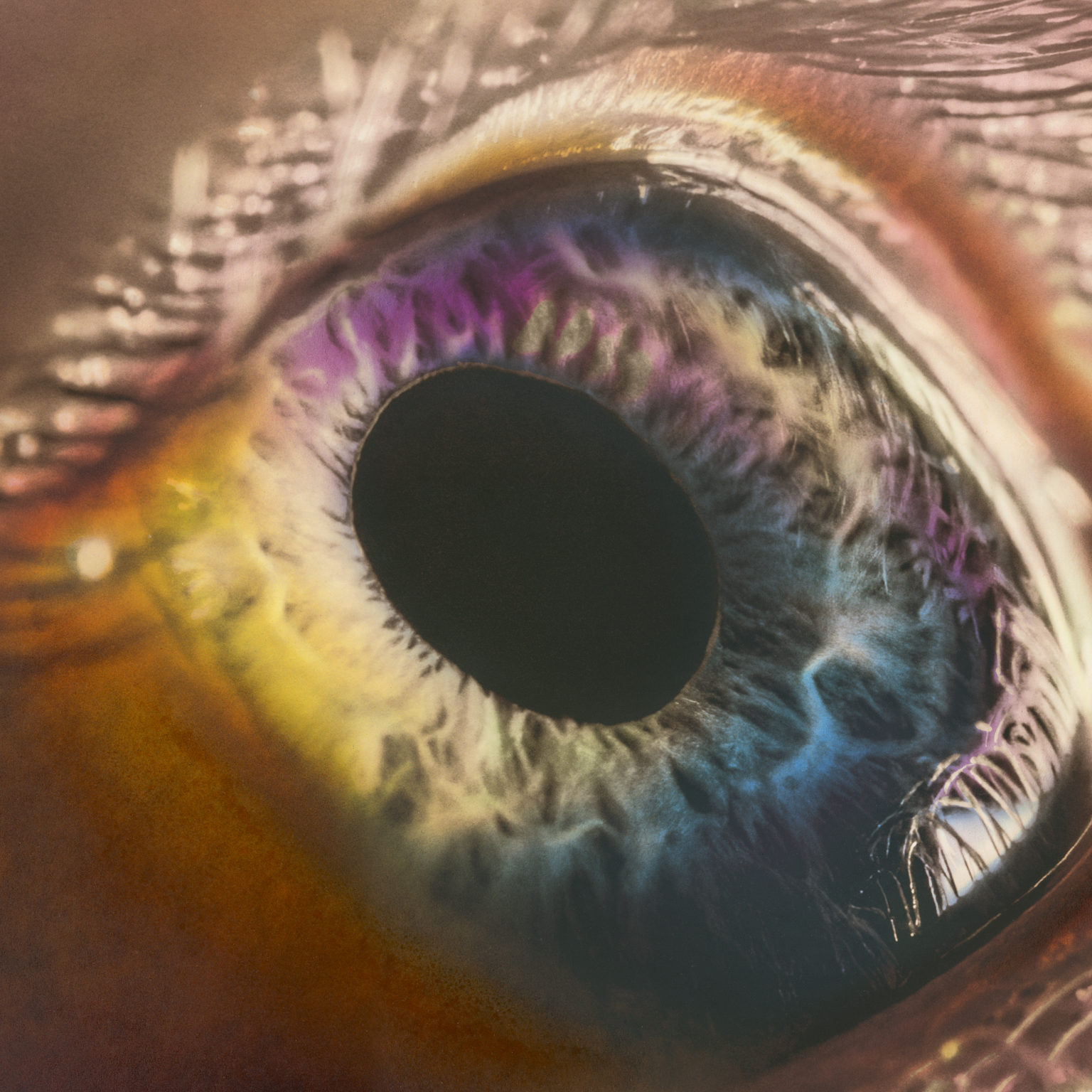
Arcade Fire’s We — a project of resolute, zeitgeisty grandeur — is not only an album built for 2022. It reflects this week, this day, this moment.
Why? Because it’s deliberate in its thesis that America is fucked beyond repair. There is no space for misinterpretation. And at this deeply troubling juncture in our history — pick a reason why — nuance is no longer a luxury we can afford. If you have something to say, you better say it now — the scroll of horrifying headlines and Met Gala memes will resume momentarily to numb us anew.
But even as subtlety is stampeded by the constant demands of our self-imposed digital captivity — such was the crux of Everything Now, Arcade Fire’s polarizing 2017 LP; remember the lyric “infinite content, infinitely content” — this new album’s soapbox approach is still likely to dominate the latest episode of exhaustive Arcade Fire discourse.
To some extent, these are fair questions: Is the group’s sweeping sixth LP, out Friday, too heavy-handed in its distillation of American fear and tech-driven isolation? Do songs like the breathless “Age of Anxiety I” or “End of an Empire” — the album’s lamenting, nine-minute centerpiece — play as astute cultural commentary, or are they so overt they only pour salt into the country’s open wounds?
But again, in this blinding era of click, stream, like, subscribe, retweet and repeat, an album designed to reorient and ground the listener in some semblance of humanity should be welcomed — anything to make us face ourselves.
As a thematic sequel to Everything Now, the new LP — named for Russian author Yevgeny Zamyatin’s 1921 dystopian novel about people living under perpetual surveillance — is more thoughtful and concise about the proverbial end of the world. And as with all Arcade Fire albums, it’s an urgent, earnest piece of work — no less vital than their worshiped LPs Funeral (2004) or The Suburbs (2010).
The seven-track, 40-minute project (the band’s shortest) balances two halves, the first unfurling the aforementioned apprehension that the American dream has gone the way of the iPod Mini.
“It’s an age of doubt and I doubt we’ll figure it out,” Win Butler opens, singing softly over piano before foreboding drums, gasps and a digital heartbeat nudge the tune toward a cresting synth-rock journey. The track’s sonic sibling, “Age of Anxiety II (Rabbit Hole)” is denser, touting heavier, galactic synth leads and a familiarly haunting vocal from Regine Chassagne, who chants “Rabbit hole goes on forever” over pounding percussion. The tune ends with ominous knocks at the door — lock the deadbolt!
Though feelings around Arcade Fire and We will surely hinge on “End of an Empire,” the four-passage orchestral goliath that begins much like John Lennon’s “Imagine.” Only the tone is fully reversed; it’s not “imagine what the world could be,” it’s “imagine what it could’ve been if we weren’t all so profoundly stupid.” The opus is majestic in its lush arrangement, under which Butler lands the complacent refrain “It’s not half bad, you spend half your life being sad.” The song slowly becomes more adamant as Butler repeats, as a half-serious decree against King Content: “I unsubscribe.” This is later rhymed with the line “fuck Season Five” — fans will wonder which series he had in mind (my money’s on Grey’s Anatomy). It is a towering track that desires to be perceived as such, to mixed results; goosebump-inducing on first listen, a little silly thereafter.
The album’s second half flips toward optimism and catharsis — a white-knuckle grip on the belief in love and humanity to conquer the unconquerable. The booming lead single “Lightning I, II” begins with a Pete Townshend-like lead, a rare moment on an album that, like Everything Now, relies very little on electric guitar. The jam ascends toward pumping Springsteenian arena rock — a soon-to-be highlight of whatever tour accompanies this album.
[embedded content][embedded content]
Elsewhere, “Unconditional I (Lookout Kid)” is a jangly, cautionary tale advising Butler and Chassagne’s son: “Things will break, you make mistakes / You lose your friends, again and again.” The tune’s sister, “Unconditional II (Race and Religion)” is a hooky underground synth-pop winner with Chassagne singing lead, boosted by a guest vocal from Peter Gabriel. While it may be the album’s most tantalizing cut, the song inspired by a crossroads of Race and Religious Streets in New Orleans (near the band’s recording studio) seems to float apart from the rest of the record, with minimal cohesion.
The concluding title track finds Butler taking stock over a melody and tone reminiscent of Pink Floyd’s “Comfortably Numb,” with some joy and hope unearthed from the depths: “I wanna get wild, I wanna get free, would you wanna get off this ride with me?”
We succeeds in its exploration of what feels like a well-shared generational philosophy: Even if “we” as a country are totally screwed, “we” in the much more granular sense — spouses, children, circles of friends — remain the light in the darkness, the reason to keep going.

Leave a comment